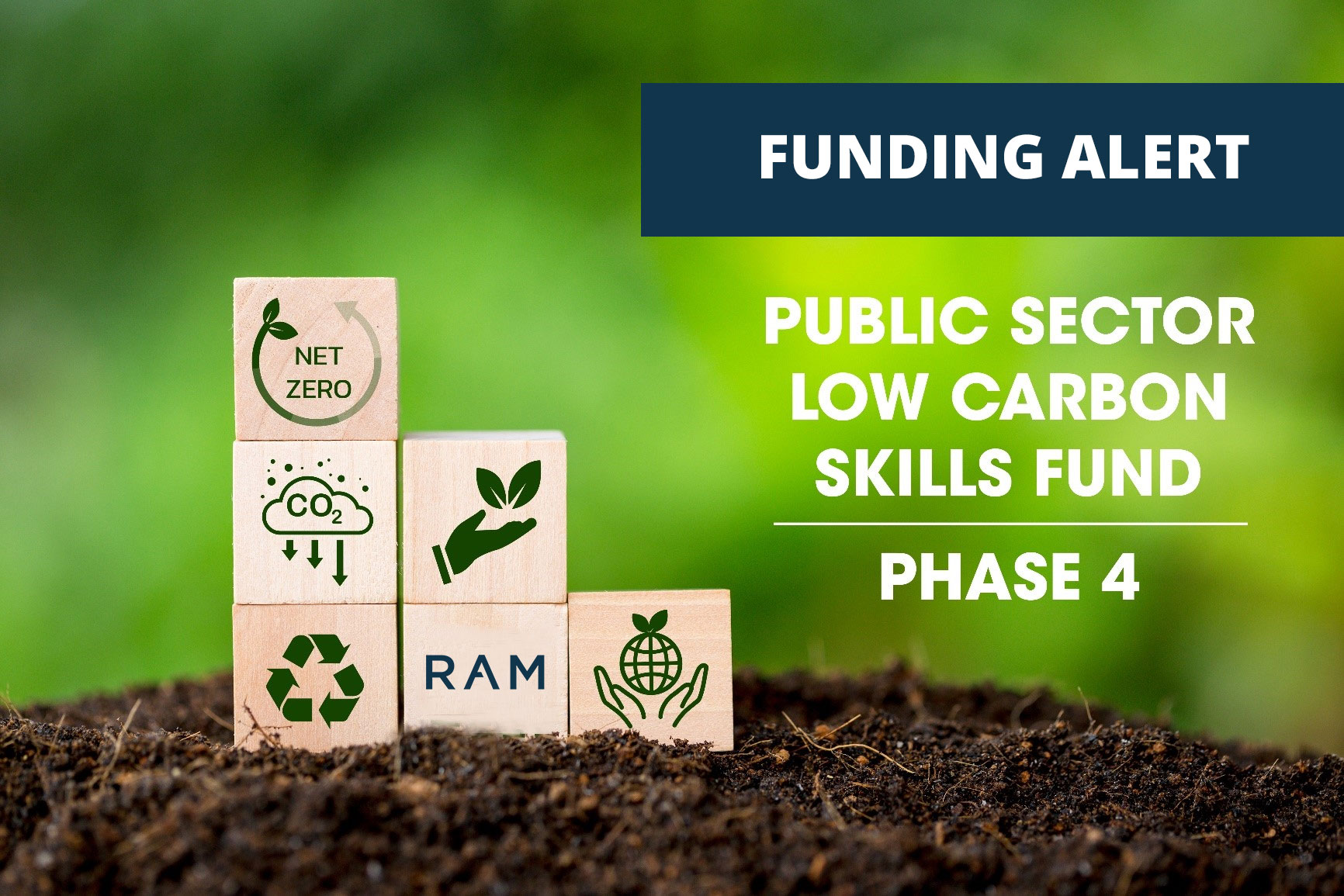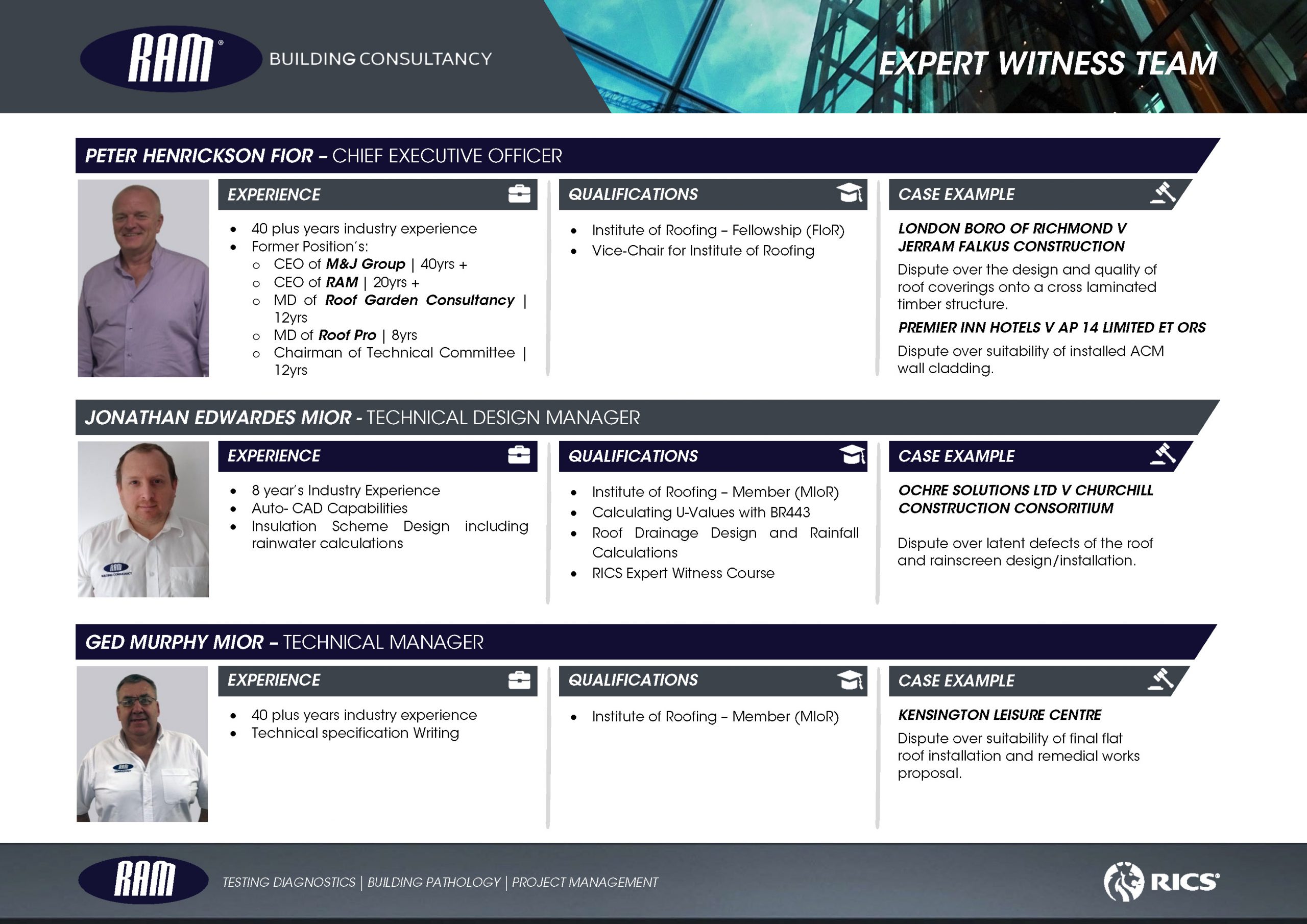|
|
WHAT IS PUBLIC SECTOR LOW CARBON SKILLS FUND?
The Public Sector Low Carbon Skills Fund (LCSF) provides grants to public sector bodies which will allow them to access expert advice and skills, leading to heat decarbonisation projects in their estate. The LCSF is intended to pay for decarbonisation plans, from concept stage up to and including RIBA Stage 3 and 4 designs. Rounds of funding have been launched annually or biannually. We are now up to Phase 4, which opened for bids on 26th April 2023. To date it has been used to pay for plans in full, i.e. no client contribution required. This remains the case for LCSF4.
WHAT IS THE PURPOSE OF A HEAT DECARBONISATION PLAN (HDP)
To help organisations to think more strategically about decarbonisation opportunities, and work through the planning lifecycle up to and including the development of detailed project proposals that are cost effective, aligned with their organisational decarbonisation strategy, and ready to be funded.
The public bodies involved include schools and academies, NHS buildings, and council-owned buildings. Most of these buildings will be relying on heating systems that require heavy use of fossil fuels. The funding from LCSF will allow these to be replaced with sustainable and energy-efficient heating systems.
By having the chance to create heat decarbonisation plans, it will allow public sectors to work towards the government’s target which is to reduce emissions by 78% by 2035 and reach net zero by 2050.
THE PHASES
There have already been three complete phases of the LCSF, and the fourth has been announced. Phase one provided public sector bodies with £32 million of funding, this funding went towards project development, project delivery, and heat decarbonisation plan support. Applications closed on the 11th of January 2021 and ran up until the 31st of March 2021. The Low Carbon Skills Fund allowed the public sector bodies, that secured funding, to apply for Public Sector Decarbonisation Scheme (PSDS).
Phase two was then launched in July 2021 and applications closed on the 17th of September 2021. Phase two of the LCSF provided £15 million of funding for public sector bodies, this grant funding was provided to 218 different projects. £3.5 million of £15 million was separated and to be provided for schools and academies.
Phase three ran from the start of the 2022 financial year, ending in 2023. Applications opened on the 15th of June 2022, they received 733 applications which amounted to 5 times the funding that they had available. The applications closed two days later, on the 17th of June 2022. This phase of the scheme had £14.5 million worth of grants to provide to successful applicants.
Phase four of the Public Sector Low Carbon Skills Fund applications opened on the 26th of April 2023. It was announced that phase four will provide £17 million worth of grant funding to public sector bodies, helping to develop heat decarbonisation plans which will focus on energy efficiency. Applicants that are successful will have their plans completed by the 28th of March 2024.

KEY DATES AND FUNDING WINDOW
Portal Opened: 26 April at 2pm.
Grant Offer Letters issued: June 2023
Completion of application output: 28 March 2024
WHAT GRANTS CAN I APPLY FOR?
- Heat Decarbonisation Plans from the outset
- Detailed design work up to RIBA stage 4. You will need to submit approved HDP as evidence with the grant app.
- Combination of 1 & 2: HDP from scratch for one building/part of a site, but developing the HDP to detailed design stage for another building/part of a site.
FUNDING AVAILABLE AND ALLOCATION
To ensure that phase four will be distributed evenly across the public sector bodies, there have been grant value caps put in place. There are three grant value ranges which are:
- 34% of funding for projects up to £100,000.
- 38% of funding for projects between £100,001-£500,000.
- 28% of funding for projects between £500,001-£1,000,000.
These value caps also show applicants that heat decarbonisation plans can vary in size and price, and it all depends on the needs of each individual estate.

